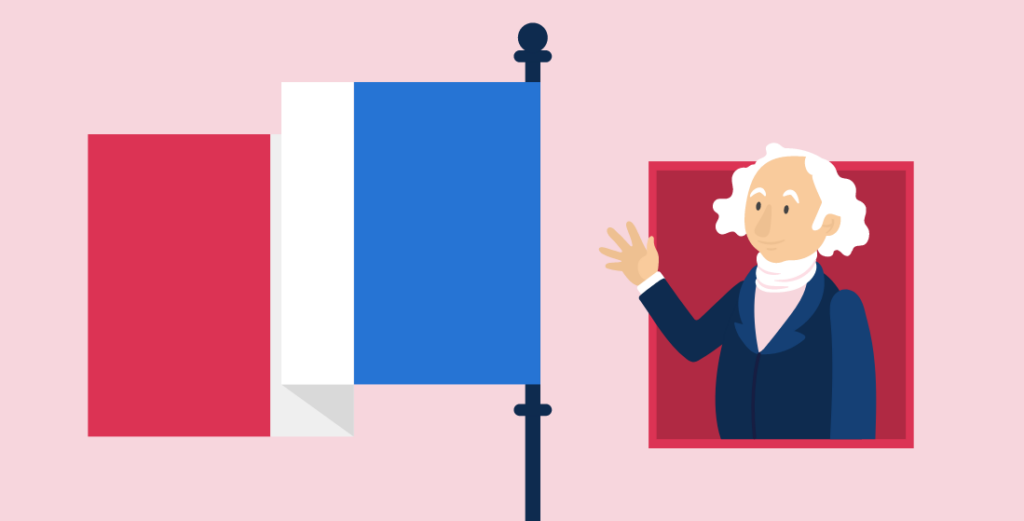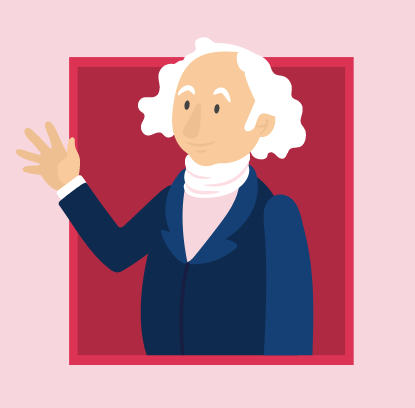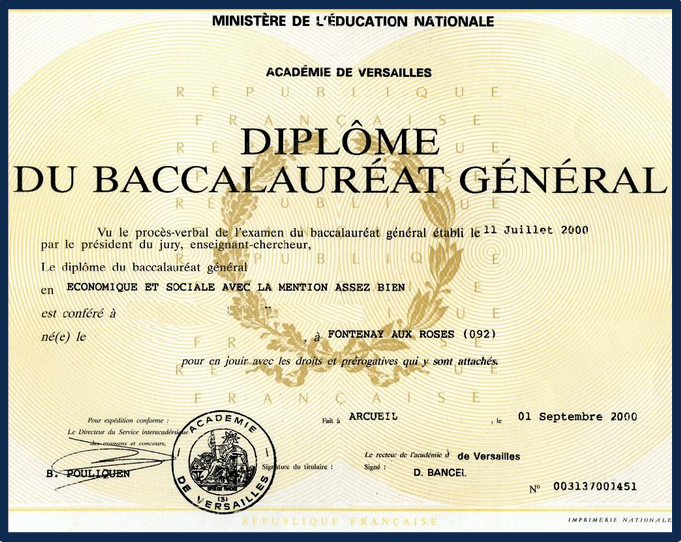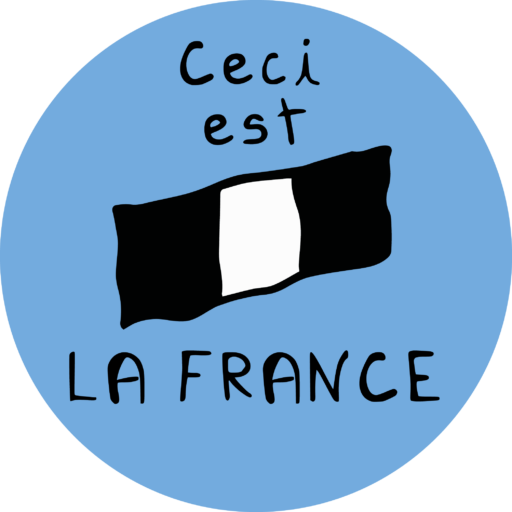How does the French education system work?

The French Education System - A Blend of Tradition and Innovation
France, known globally for its rich cultural heritage, exquisite cuisine, and iconic landmarks, is also home to one of the world’s most distinctive and admired education systems. Rooted in principles laid down centuries ago, yet constantly evolving to meet the demands of the modern world, the French education system offers a fascinating study in balancing tradition with innovation.
Historical Foundations

The modern French education system owes much to historical figures such as Jules Ferry, known as the father of the French modern school. Ferry’s laws in the 1880s made education mandatory, free, and secular, principles that continue to underpin the system today. These foundational laws ensured that education became accessible to all children, irrespective of their background, laying the groundwork for a literate and educated society.
A Structured Approach to Learning
French education is characterized by its highly structured approach, divided into several stages: école maternelle (preschool), école élémentaire (primary school), collège (middle school), and lycée (high school). This segmentation ensures a coherent and progressive education path, with each stage building on the knowledge and skills acquired in the previous one.
SECONDAIRE
PRIMAIRE
SECONDAIRE
PRIMAIRE
Early Education - A Strong Start
From as young as two years old, children can attend école maternelle, emphasizing play-based learning that fosters social skills and basic literacy and numeracy. This early start is crucial, laying the foundation for lifelong learning.
Primary and Secondary Education - Building Blocks of Knowledge
As children move into école élémentaire and beyond, the curriculum becomes more structured. French, mathematics, history, geography, science, and a second language form the core subjects, with a strong emphasis on critical thinking and debate. The French approach values depth over breadth, encouraging students to master subjects thoroughly.
Baccalauréat - The Rite of Passage

The culmination of French secondary education is the baccalauréat exam, a rigorous assessment that students must pass to enter university. The “bac,” as it’s colloquially known, tests students in a wide range of subjects, reflecting the comprehensive nature of French education.
Challenges and Reforms
Despite its strengths, the French education system is not without its challenges. Debates around homework, educational equity, and the well-being of students are ongoing. In response, recent reforms have sought to reduce homework burdens, promote inclusivity, and introduce more modern teaching methods and technologies into the classroom.
The Role of Extracurricular Activities
Beyond academics, French schools offer a range of extracurricular activities, from sports to arts and clubs. These activities are considered vital for developing well-rounded individuals, fostering teamwork, creativity, and a sense of community among students.
Preparing for a Global Future
In an increasingly globalized world, the French education system has also adapted, emphasizing language learning and international exchange programs. These initiatives prepare students not only for success within France but also for active participation in the global community.
A System of Balance and Excellence
The French education system, with its rich history and forward-looking reforms, offers a unique model of education that balances rigorous academic standards with a commitment to fostering individual well-being and social inclusion. As it continues to evolve, it remains a beacon of excellence and innovation in global education.





Responses